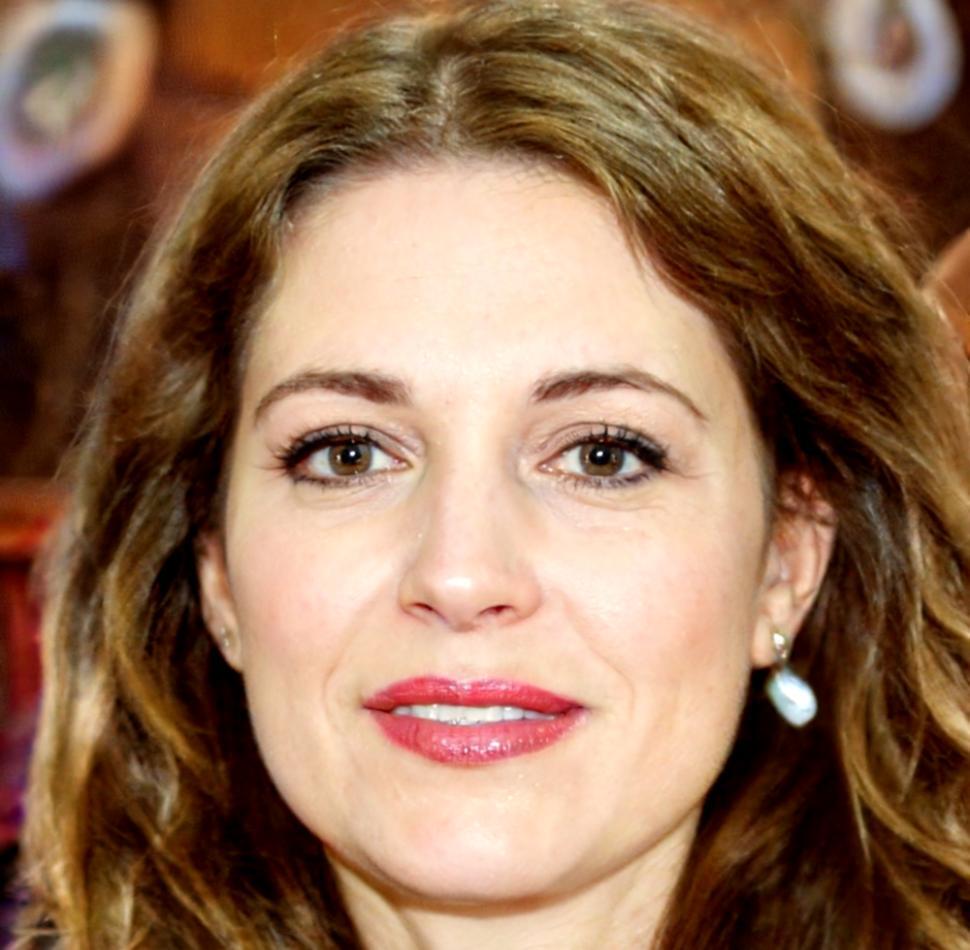AR/VR Game Development Programs Starting Autumn 2025
We're launching a new round of training programs this autumn. If you've been thinking about getting into cross-platform AR or VR development, these courses walk you through everything from basic Unity setup to publishing finished experiences on multiple headsets.
Three Tracks to Match Your Background
Each program is built around actual project work. You'll spend time in the editor, not just watching demos. Pick the one that fits where you are now.
Foundations: Unity for Spatial Computing
Start from the ground up. Learn C# scripting, 3D scene composition, and how spatial interfaces work differently than flat screens. You'll build three small projects—a simple VR escape room, an AR object viewer, and a mixed-reality prototype.
- Unity basics and C# scripting fundamentals
- XR Interaction Toolkit setup and configuration
- Building for Quest 2/3 and similar standalone headsets
- Performance profiling for mobile VR hardware
Cross-Platform Development Techniques
For people who already know Unity but haven't tackled cross-platform XR yet. You'll work through platform-specific quirks, learn how to write adaptable input systems, and handle different controller models. This one moves fast and assumes you're comfortable scripting already.
- Building a shared codebase for multiple XR platforms
- Handling input differences between devices
- Optimizing render pipelines for PCVR vs mobile
- Testing workflows and debugging tools
Advanced Multiplayer XR Systems
This track focuses entirely on networked experiences. We cover Netcode for GameObjects, synchronizing player positions and interactions, handling lobby systems, and keeping things stable when users join mid-session. Best if you've shipped at least one XR project before.
- Implementing Netcode for GameObjects in XR
- Synchronizing physics and interactions
- Voice chat integration and spatial audio
- Managing player state and lobby systems
Who's Teaching These Programs
Both instructors have been working in XR since before Meta renamed itself. They've dealt with the messy parts—optimization nightmares, platform rejection appeals, last-minute SDK changes. That real-world experience shows up in how they structure the lessons.

Luan Dervishi
Lead XR DeveloperLuan's been building VR experiences since the DK2 days. He's shipped six commercial projects, including a multiplayer training sim used by medical schools. He's also really good at explaining why your frame rate just tanked when you added that particle system.

Klea Hoxha
Senior AR EngineerKlea specializes in AR applications and has worked on everything from retail visualization tools to industrial maintenance apps. She teaches the practical side of spatial mapping, plane detection, and image tracking—and she's honest about what actually works in production versus what looks good in demos.

How the Classes Actually Work
These aren't lecture-heavy courses. You'll spend most of your time building things, running into problems, and figuring out solutions. The instructors are there to help when you get stuck, but the learning happens when you're hands-on with the tools.
Weekly Project Milestones
Each week you'll complete a specific feature or system. Some weeks that's adding hand tracking. Other weeks it's getting your app to build for a new platform without breaking existing features. It's structured but not rigid.
Lab Sessions on Saturdays
Saturday labs are for testing on actual hardware and working through issues that only show up on device. You'll have access to Quest headsets, Pico devices, and a few PCVR setups. This is where you catch the weird bugs that don't appear in the editor.
Final Project Showcase
The last three weeks are dedicated to your capstone project. Build something you want in your portfolio—could be a game prototype, a training tool, or an experimental interface. You'll present it to the other students and get feedback from both instructors.
Enrollment Process for Autumn 2025
Applications open July 15, 2025. We're keeping class sizes small—around twelve people per track—so everyone gets enough time with the instructors. You don't need prior XR experience for the Foundations track, but you should be comfortable with basic programming concepts.
Submit Application
Fill out a short form telling us about your background and what you want to learn. If you have any past projects, include links. Takes about fifteen minutes.
Brief Interview
We'll schedule a twenty-minute video call to make sure the program matches your goals. Not a technical test—just a conversation about what you're hoping to get out of the course.
Confirm Enrollment
If it's a good fit, we'll send enrollment details and access to the pre-course materials. You'll get set up with Unity and the XR toolkit before the first class.
